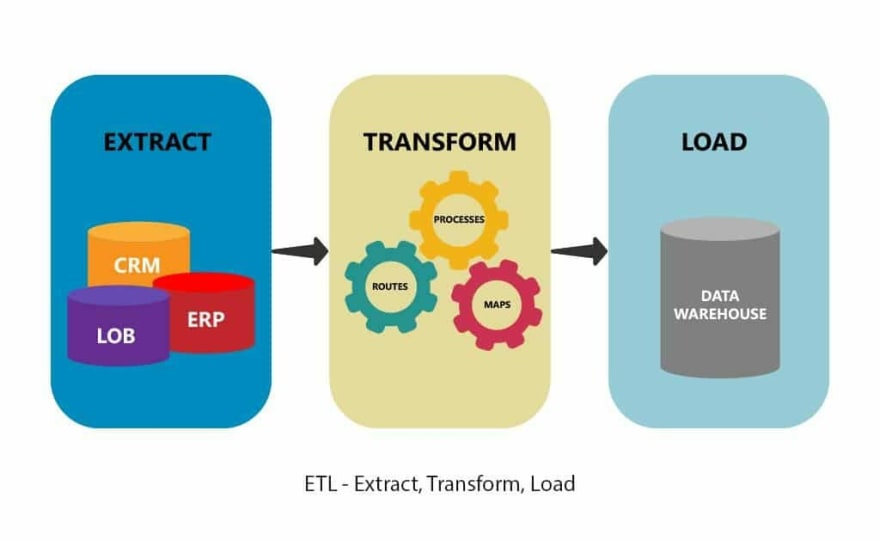Which is your favorite TV show? Mine is the classic, "How I met your mother". In the entertainment industry, data pipelines can be equated to the process of creating and delivering a film or television show.
Just as data pipelines extract, transform, and load data from various sources into a central repository for analysis and reporting, the process of creating a film or television show involves extracting ideas and inspiration from various sources, transforming them into a cohesive story, and delivering them to the audience.
The production process for a film or television show typically involves several stages, including pre-production, production, and post-production. During pre-production, ideas and inspiration are gathered from various sources, such as books, scripts, or real-life events, and transformed into a cohesive story that can be turned into a film or television show. This process is similar to the data extraction and transformation stage of a data pipeline.
During production, the story is brought to life through the use of actors, sets, and special effects. This stage is similar to the data loading stage of a data pipeline, where the transformed data is loaded into a central repository for analysis and reporting.
Finally, during post-production, the film or television show is edited, polished, and delivered to the audience. This stage is similar to the reporting stage of a data pipeline, where the data is analyzed, processed, and presented to stakeholders.
Data pipelines have revolutionized the way businesses and organizations process, manage, and analyze their data. These pipelines are designed to extract, transform, and load data from various sources into a central repository for analysis and reporting.
In this blog post, we'll also get to explore the advantages of data pipelines and why they are an essential component of any modern data architecture.
Scalability and Flexibility: One of the most significant advantages of data pipelines is their scalability and flexibility. With the ability to scale up or down based on the volume of data, data pipelines allow organizations to process large volumes of data efficiently. Additionally, they are flexible enough to handle data from various sources, including structured, semi-structured, and unstructured data, making them ideal for modern data architectures.
Automated Data Processing: Data pipelines automate the process of data extraction, transformation, and loading. This automation reduces the risk of human error, increases processing speed, and ensures data accuracy. Additionally, data pipelines allow organizations to process data in near-real-time, enabling timely and accurate decision-making.
Data Quality: Data pipelines help maintain data quality by identifying and addressing data inconsistencies, errors, and redundancies. By performing data quality checks during the extraction, transformation, and loading process, organizations can ensure that the data they analyze is accurate, complete, and consistent.
Cost Savings: Data pipelines help organizations save money by reducing the need for manual data processing and maintenance. By automating the data processing process, organizations can significantly reduce labor costs, improve data accuracy, and make better use of their resources.
Improved Data Governance: Data pipelines facilitate better data governance by providing a centralized repository for data storage, processing, and analysis. This centralization allows organizations to manage data access, security, and compliance more effectively, reducing the risk of data breaches and ensuring regulatory compliance.
In conclusion, data pipelines are a crucial component of any modern data architecture, providing organizations with the scalability, flexibility, automation, data quality, cost savings, and improved data governance they need to make informed decisions. By adopting data pipelines, organizations can effectively process and analyze data to gain valuable insights and stay ahead of the competition.








Top comments (0)